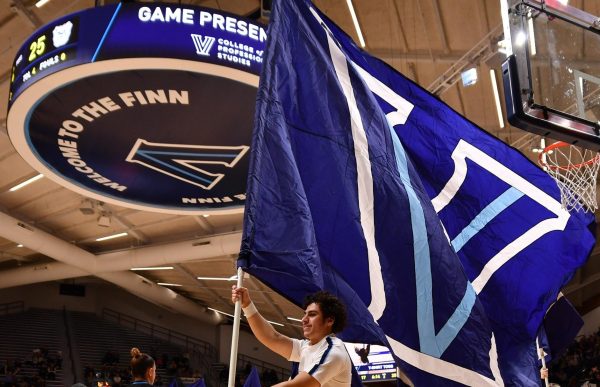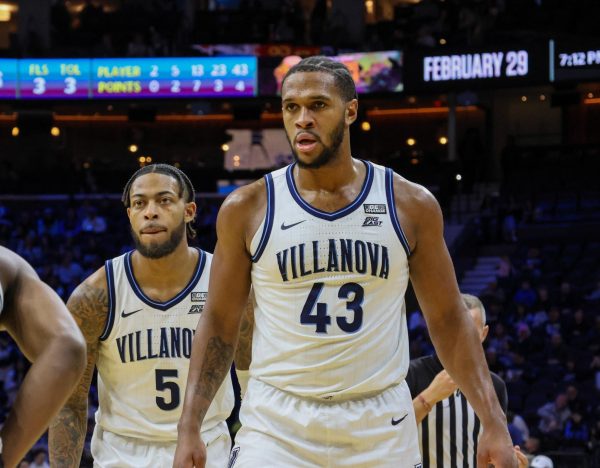LACERDA: America, it’s time to care about soccer

December 8, 2009
Our country relishes in the variety of sports entertainment that we can provide to the American public. Especially now, college football and basketball flood television screens, Brett Favre dominates ESPN, Tiger Woods permeates tabloids and other professional sports linger in the background. We seem to pride ourselves on the diversity of athletic competition that begins at an adolescent level, culminating into higher, more aggressive areas such as collegiate gaming and even postgraduate stardom. In comparison to the rather constricted playing fields of other countries across the world in terms of the number of possible sports to participate in, the United States encourages its people to be as active as possible when choosing hobbies.
Despite our innate initiative to emphasize a wide range of athleticism in schools and in the media, there remains one sport that has persisted throughout the century in both global membership and cultural significance. Fútbol has united people on this planet for over 70 years due in part to the success of FIFA and its association with the World Cup. With only the Olympics being comparable in publicity and expenditure, the World Cup generates such iconic magnitude that it should be held in high regards and given the proper respect from the American public over the coming months.
With an estimated 715.1 million people watching the 2006 final, the Cup remains the most widely viewed sporting event in the world. The current format includes 32 teams fighting for the title at a designated place, this year’s being South Africa. Qualifying rounds take place in the three years preceding the Cup, allowing every country with a viable team to prove itself worthy for higher competition. Such openness in the qualification phase promotes worldwide coherence. Countries of conflicting politics can put aside both foreign and domestic issues for once.
Moreover, this universal competition causes healthy play that people of all races and ethnicity can mutually enjoy. In the past, such pathetic attempts at a global tournament have been made in the fields of baseball and basketball, but neither has yielded popularity or peace.
Some might argue that the Cup embodies an unequal playing field, with the favorites of Brazil, Italy and Germany dominating play on a continual basis. These critics fail to see the benefit of having a slight disparity in talent. When expectations are altered through upsets of more skillful nations, the overall atmosphere gives an essence of hope for smaller countries that do not normally succeed in the tournament. Furthermore, when a nation like Brazil repeatedly triumphs, it enlightens us to the notion that we cannot be the best at everything. There exists athletic achievement in the world outside of the glorification of high profiled competitors like LeBron James and Tim Tebow. Names like Cristiano Ronaldo and Lionel Messi would probably seem foreign to the average American, even though these players are undoubtedly the best in the world at their game.
Last week, FIFA announced the rankings for the summer tournament. The United States received a comfortable position in the bracket with England, Algeria and Slovenia. Undoubtedly, the hype will increase over the coming months, but will the American people truly value soccer over any new touchdown celebration by Chad Ochocinco or extra-marital affair by Woods?
I think as a nation we should regard the Cup with the highest esteem, appreciating its ability to bring together countries of volatile diplomacy through fun and games. Soccer, differing from many other sports, is not a showboating display of steroid-inflicted meatheads, but rather a pure, honest and extremely competitive game of universal interest. Thus, it should be given the proper attention.
——————-
John LaCerda is a senior English major from Medfield, Mass. He can be reached at [email protected].












